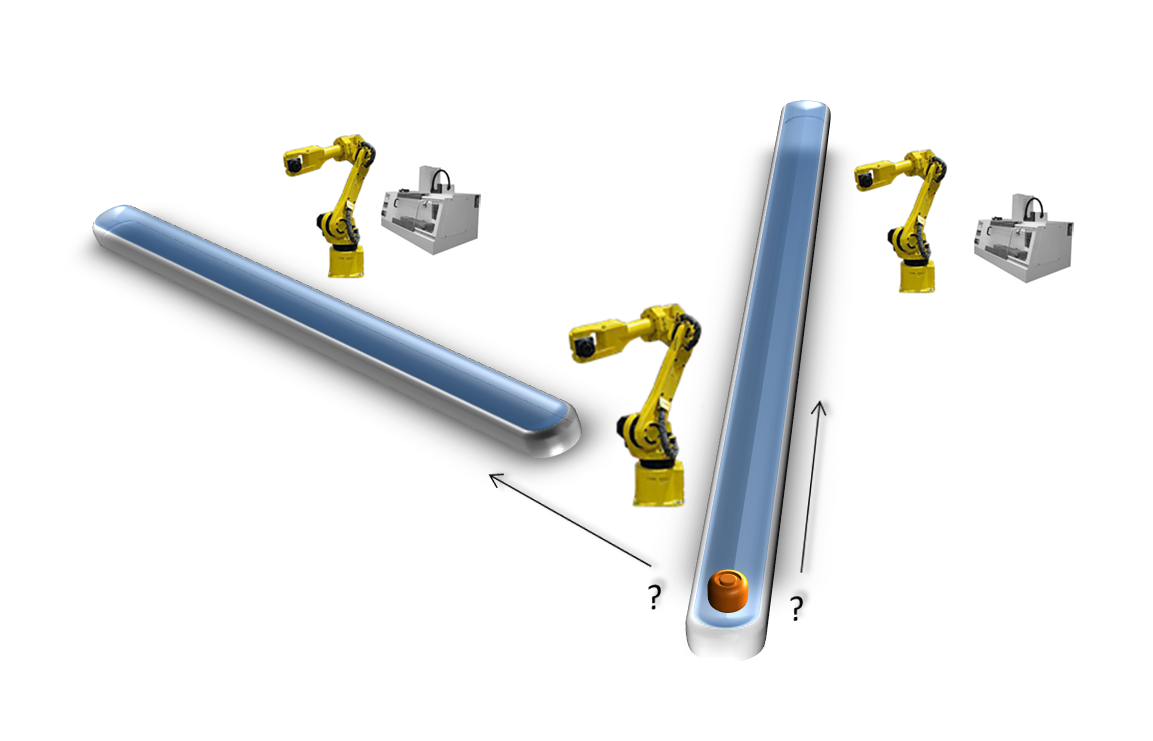
In order to stay competitive in the global market, manufacturing companies must be able to quickly and efficiently respond to rapid changes in product demand, varying customer requirements, and malfunctioning equipment. Current control strategies for controlling these manufacturing systems through centralized and hierarchical control lack the operational flexibility to adapt to these unforeseen changes. Multi-agent control has been proposed to provide better flexibility and responsiveness. In this type of architecture, smart parts can take advantage of various resources available in a manufacturing system to make intelligent local decisions. The goal is to coordinate and optimize the movements of a manufacturing system with various resource and smart part agents.
Researchers: Ilya Kovalenko, Ayush Raizada
